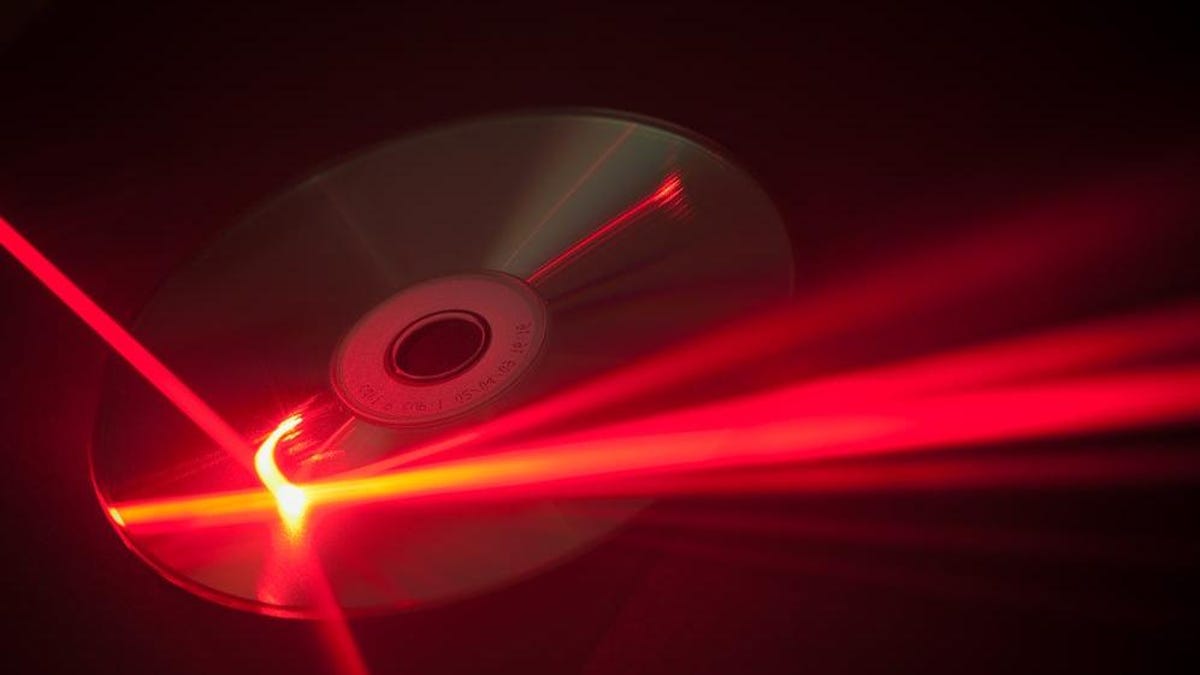Note: Unfortunately the research paper linked in the article is a dead/broken/wrong link. Perhaps the author will update it later.
From the limited coverage, it doesn’t sound like there’s an actual optical drive that utilizes this yet and that it’s just theoretical based on the properties of the material the researchers developed.
I’m not holding my breath, but I would absolutely love to be able to back up my storage system to a single optical disc (even if tens of TBs go unused).
If they could make a R/W version of that, holy crap.



IMO the whole byte stuff is pretty confusing, people should have just sticked with bits, because that avoids implementation details.
One bit is the smallest amount of information. Bytes historically had different amounts of bits, depending on the architecture. With ASCII and the success of the 8 bit processor word of the Intel 8080/8085 processor, it is now defacto 8 Bit long.
But personally, byte seems a bit (no pun intended) like the imperial measurement system.
Gibibyte is the shit